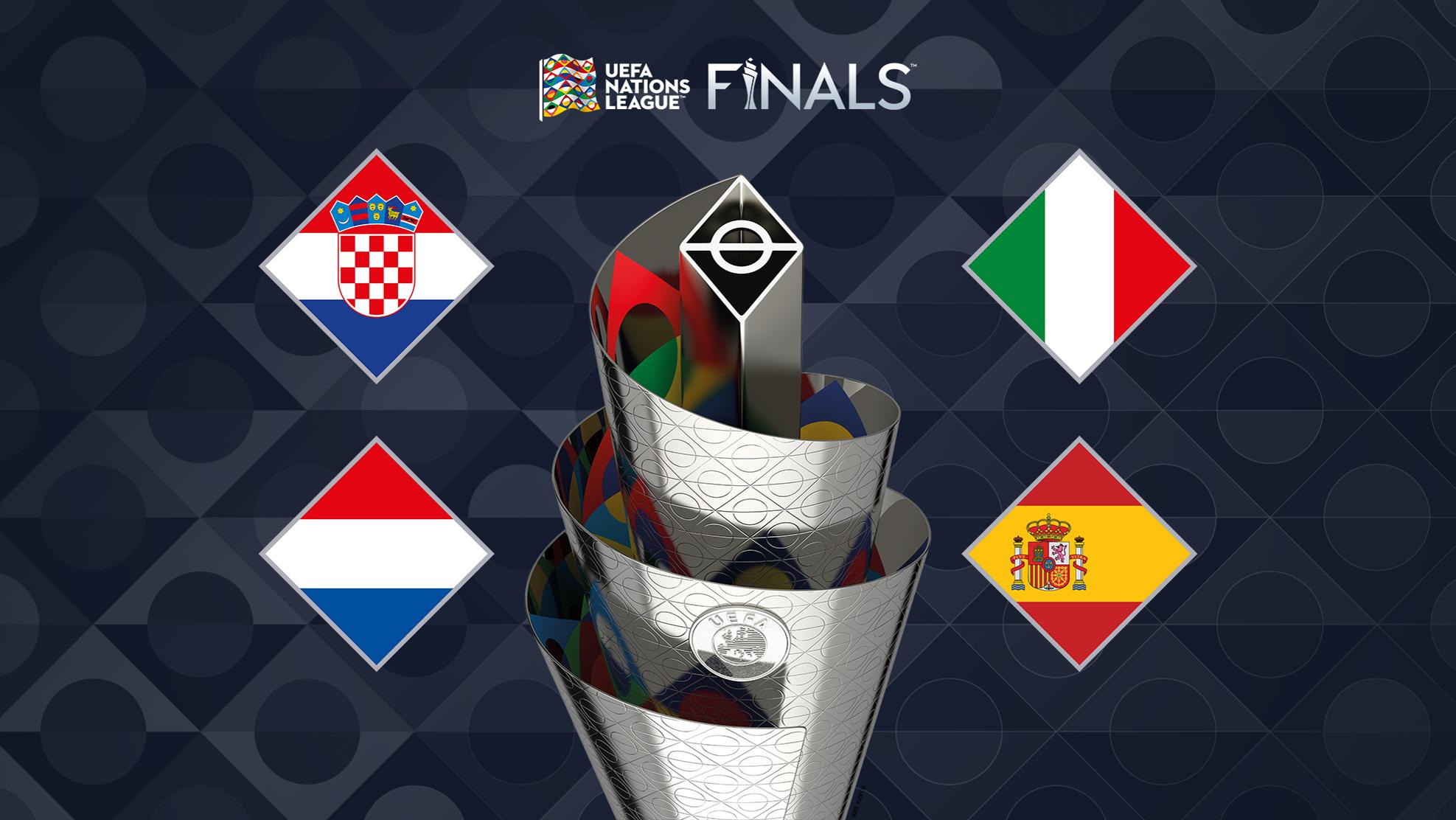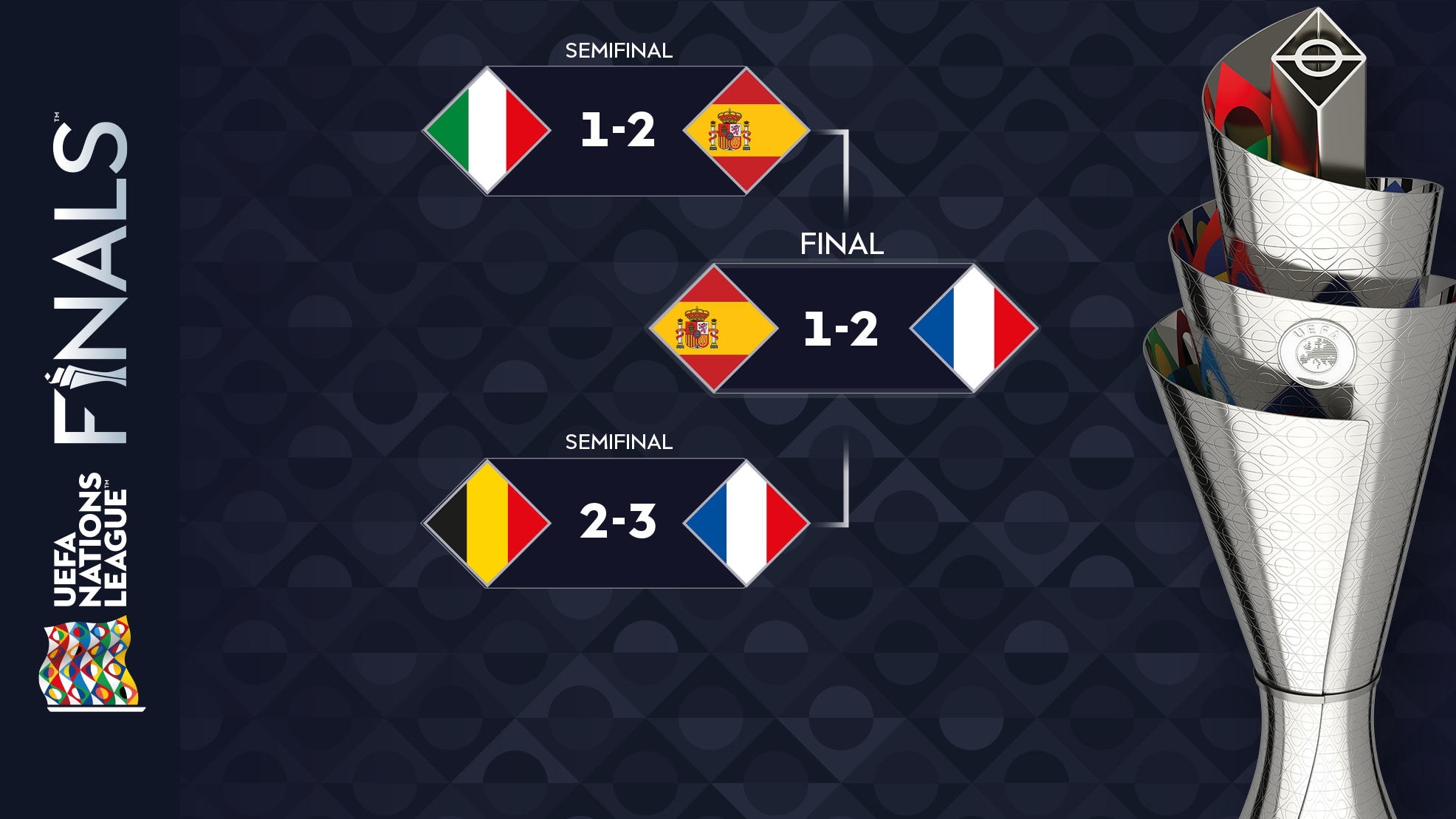Nations League Overview and History

The Nations League was an international organization established in the aftermath of World War I as a global forum for diplomacy and cooperation. Its primary goal was to prevent future conflicts and promote international peace and security.
As the Nations League fixtures reach their climax, the world turns its attention to the field of law. Supreme Court decisions today have the power to shape the course of nations, just as the outcomes of these matches will determine the fate of teams.
With the weight of anticipation hanging in the air, the legal and sporting arenas alike hold their breath, awaiting the verdicts that will shape their respective landscapes.
Origins and Development
The concept of the Nations League emerged during the Paris Peace Conference in 1919, as part of the Treaty of Versailles. The league was formally established on January 10, 1920, with its headquarters in Geneva, Switzerland.
The Nations League, a tournament that has brought excitement to international football, has also played a role in determining the teams that will compete in the prestigious Euro 2024. The qualifying process for Euro 2024 was influenced by the Nations League, as the top teams from each group secured their spots in the tournament.
Click here to view the euro 2024 bracket and follow the progress of your favorite teams as they compete for European glory. The Nations League continues to provide a platform for international teams to showcase their skills and strive for success on the global stage.
The league’s membership grew rapidly, with 42 nations joining by the end of 1920. However, the United States, which had played a significant role in the league’s creation, ultimately declined to join due to domestic political opposition.
Objectives and Goals
The Nations League’s primary objectives were to:
- Maintain international peace and security through collective security and disarmament
- Promote international cooperation in areas such as health, labor, and economic development
- Resolve international disputes through negotiation and mediation
- Protect the rights of minorities and prevent the spread of disease
Structure and Format of the Nations League
/origin-imgresizer.eurosport.com/2023/06/18/3729557-75881068-2560-1440.jpg)
The UEFA Nations League is structured into four divisions, with each division further divided into four tiers. The top-ranked teams are placed in Division A, while the lower-ranked teams are placed in Divisions B, C, and D.
Teams qualify for the Nations League based on their UEFA coefficient, which is calculated based on their performance in previous UEFA competitions. The top teams in each division qualify automatically for the next edition of the Nations League, while the bottom teams are relegated to the lower division.
The Nations League is played in a round-robin format, with each team playing two matches against each other team in their group. The winners of each group in Division A qualify for the Nations League Finals, which is a knockout tournament held every two years. The winners of each group in Divisions B, C, and D are promoted to the higher division, while the bottom teams in each division are relegated to the lower division.
Teams and Performances in the Nations League

The UEFA Nations League has witnessed some exceptional performances from national teams across Europe. Let’s delve into the top-performing teams, analyze their strengths and weaknesses, and recall some memorable matches and controversies that have shaped the tournament.
Top-Performing Teams
- Spain: Spain has consistently impressed with their possession-based style of play, technical prowess, and a wealth of talented players. Their ability to control the ball and create chances has been key to their success.
- France: The reigning world champions, France, boast a formidable squad with world-class players in every position. Their attacking firepower and defensive solidity have made them a force to reckon with.
- Italy: Italy has emerged as a resurgent force in recent years, playing with a blend of defensive solidity and attacking flair. Their tactical discipline and ability to grind out results have been crucial to their success.
Strengths and Weaknesses
Each national team has its own unique strengths and weaknesses that shape their performances in the Nations League:
- Germany: Known for their efficiency and organization, Germany relies on a strong defense and a clinical attack. However, they can sometimes struggle against teams that press them high.
- England: England possesses a wealth of attacking talent but has often faced criticism for their defensive vulnerabilities. Their inability to consistently keep clean sheets has cost them in crucial matches.
- Portugal: Led by Cristiano Ronaldo, Portugal is a team with immense individual quality. However, their reliance on Ronaldo can sometimes lead to a lack of balance in the team.
Memorable Matches and Controversies, Nations league
The Nations League has produced its fair share of memorable matches and controversies:
- Spain 6-0 Germany (2020): This emphatic victory marked a changing of the guard in European football, with Spain dominating the world champions in a historic match.
- France 2-0 Spain (2021 Final): France avenged their previous defeat to Spain, winning the inaugural Nations League title with a convincing performance in the final.
- Italy 3-0 England (2023 Final): Italy continued their resurgence by defeating England in the 2023 final, showcasing their defensive prowess and clinical finishing.
Nations League, a tournament that brings together top European football teams, is a thrilling spectacle. Its competitive matches and intense rivalries keep fans on the edge of their seats. And if you’re looking for a fun and engaging way to catch up on the latest Nations League news, check out Jimmy Fallon ‘s hilarious take on the tournament.
His witty commentary and celebrity guests will keep you entertained while you stay informed about the beautiful game. But don’t forget to tune back in to the Nations League matches for the ultimate football experience!
Nations League, a stage for football’s elite, brings together the best teams from around the globe. Among them, Genesis Webb , a rising star in the football world, is making waves with his exceptional skills. As the competition heats up, Genesis Webb and his team prepare to face formidable opponents, their determination unwavering.
Nations League, a testament to the passion and talent that drives the sport, continues to captivate audiences with its thrilling matches and unexpected outcomes.
Nations League, a tournament that brings together the best football teams in Europe, is a spectacle that attracts fans from all over the world. Even celebrities like Eva Longoria have been spotted cheering for their favorite teams. Her passion for the sport is evident in her enthusiastic support, which has inspired many to follow in her footsteps.
As the Nations League continues to captivate audiences, it’s clear that the tournament has become a global phenomenon, transcending the boundaries of football and reaching into the hearts of people everywhere.